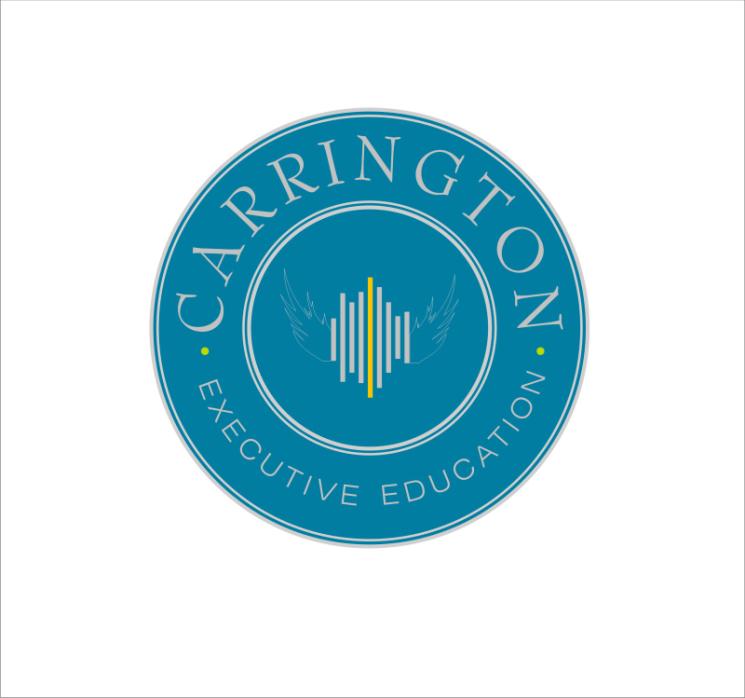Tuesday 16 January, 2001
The Family Council which is made of key family members is a venue for discussion of important family business issues.
It can serve as a buffer between the family and Board of the
business so that the Board does not have to deal with all matters
concerning the family, addressing specific issues that are referred to
it by the Family Council. Thus, formalising a Family Council helps to
establish a clear boundary between the family and business.The Family Council provides a forum for reaching consensus as well as context for communicating family policy on business issues that might impact on family members, such as compensation, employment criteria, voting rights, obligations of shareholders, and the pricing or terms of buy-back provisions in shareholders agreements. It is also a venue for furnishing family members with an opportunity to share their views, feelings and goals; to understand family business policy; and debate issues of common interest.
The Family Council is also a channel for questions, complaints and requests for discussion of serious issues. Family members can raise concerns with others, and deal with important and sensitive issues which are likely to create differences and stir up strong feelings.
The Family Council chair should be a senior or controlling owner whose leadership is respected. After holding several regular meetings to develop a clear focus and fundamental goals, the Council might meet less frequently. It has been suggested that the Council be an inclusive rather than exclusive group, that the final meeting for the year should review significant family business planning results, and that social and recreational activities be included to celebrate the family and the business.
A number of agenda topics for a Family Council may include:
- developing a family mission;
- defining personal goals;
- addressing issues of fairness;
- developing a shareholders agreement;
- establishing successor leadership;
- defining ownership guidelines;
- defining employment rules;
- implementing an outside board; and
- developing a family business compensation system.

No comments:
Post a Comment